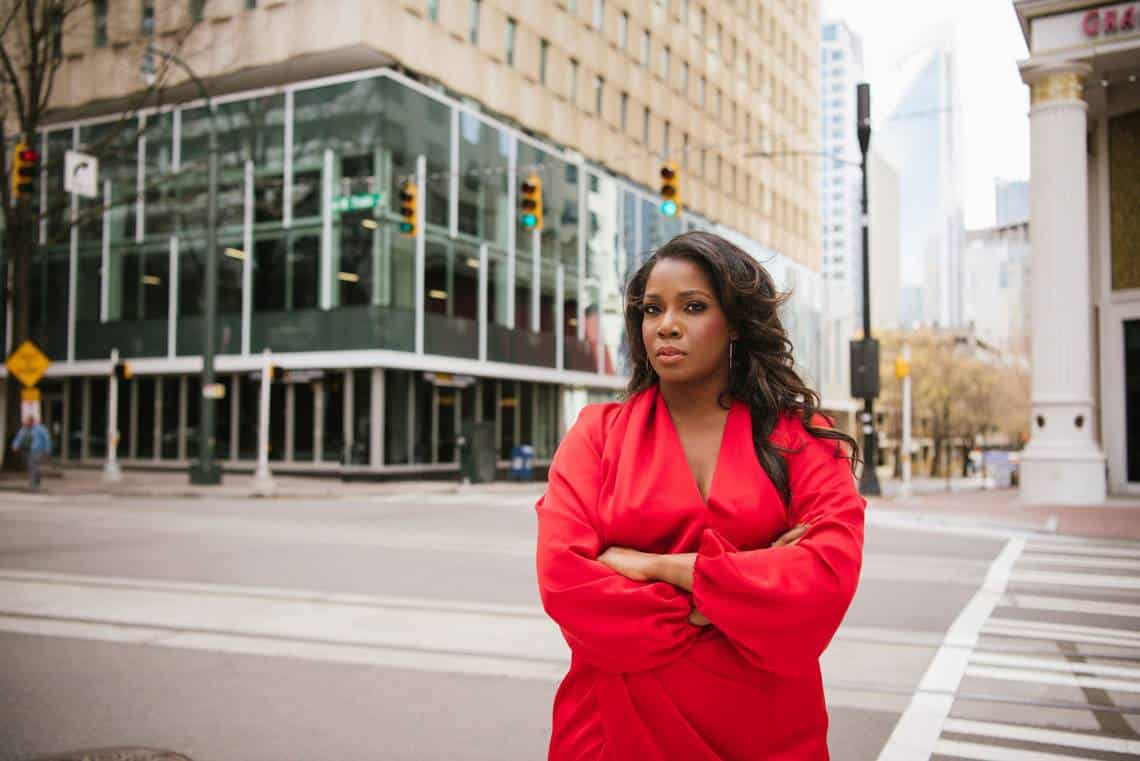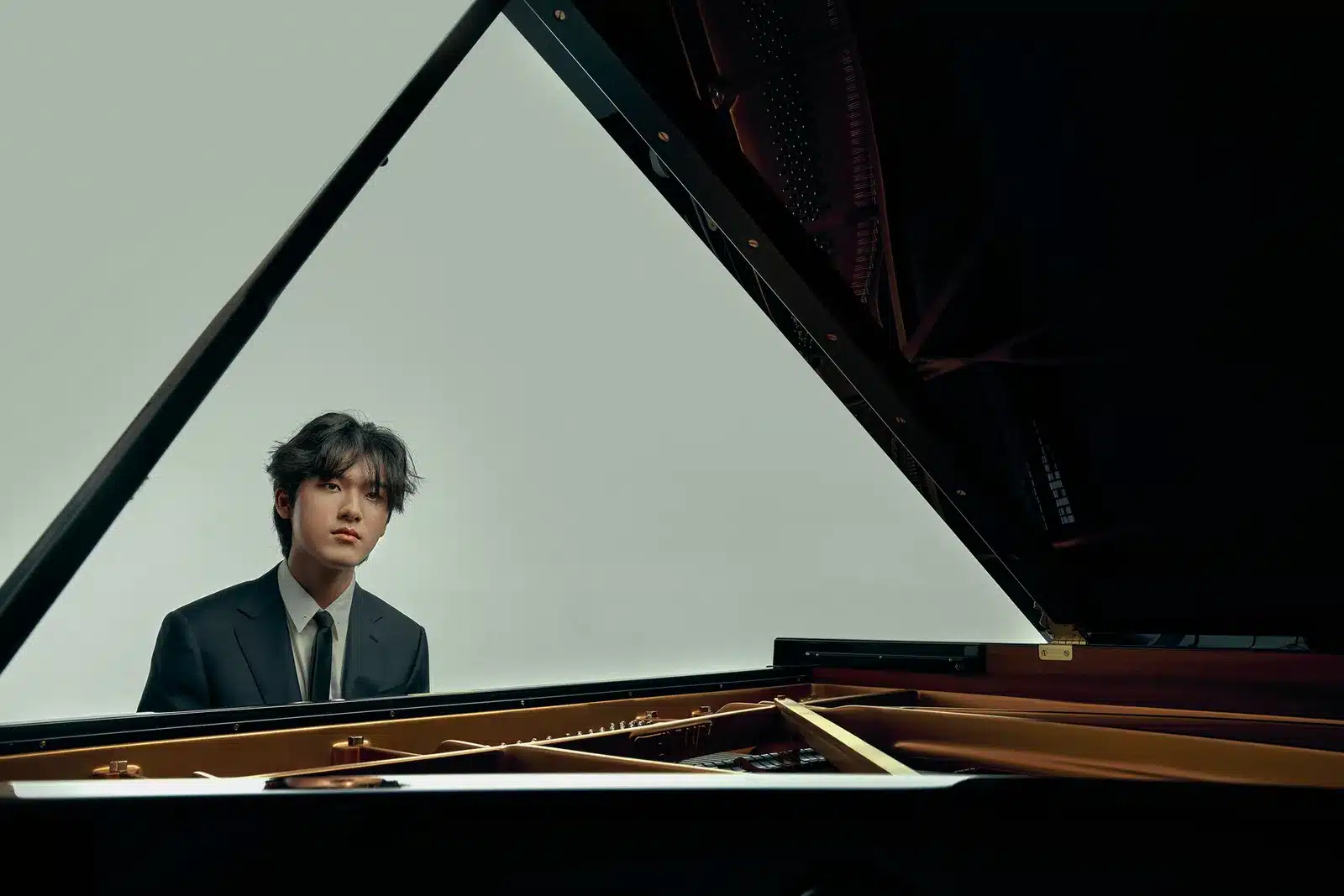An organic view of the decline of music criticism
mainPaul Jacobs, Grammy-winning head of the organ department at Juilliard, is playing upwind from us today with the San Francisco Symphony. Paul has been talking to Elijah Ho about the social effects of the progressive disappearance of music criticism in print media, especially in the USA:
I think the decline of the role of music critics is indicative of a general cultural trend: the ability, or desire, to listen critically. This is the unavoidable result of a culture that does not emphasize a proper music education or its vast history…Consequently, everything has been reduced to a matter of personal opinion, where all positions are equally valid, without any critical thinking, crucial listening, drawing distinctions, etc. – I mean, these are the building blocks of the Western tradition going back to the Greeks!

More here.





Comments